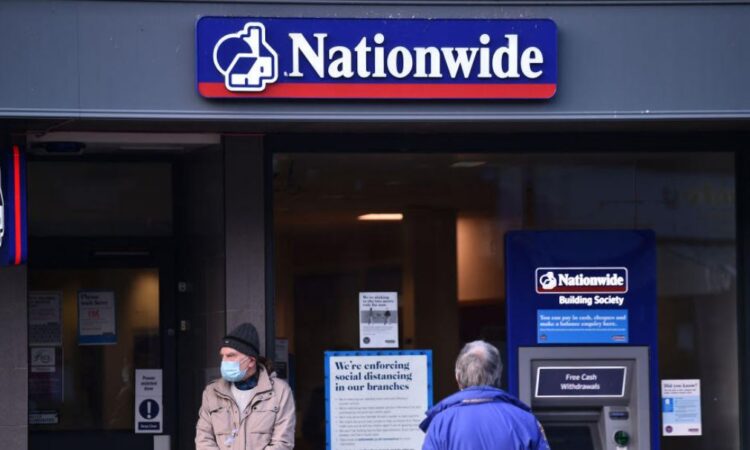
The annual rate of inflation fell to 8.7% for the year to April, remaining historically high. This has sparked fears that interest rates could continue to rise, causing some lenders to hike mortgage rates.
The Bank of England increased the base interest rate for the twelfth consecutive time in May. This was done in an attempt to lower inflation, which has remained near a record-high for the past year.
The annual inflation rate fell from 10.1% in the year to March to 8.7% in April, indicating a degree of success. However, this is still far higher than the Bank of England’s annual inflation target of 2%.
This has led analysts to project further increases to the base interest rate in 2023. It is thought it could climb as high as 5.5% by December. Previous forecasts anticipated a peak of around 5%.
These adjusted expectations have prompted several banks and building societies to reprice their mortgage products. Mortgage rates peaked in October 2022 following Liz Truss’ disastrous mini-budget, with the average two-year fixed deal reaching a summit of 6.55%.
Rates have been on the decline in the months since, levelling out recently. On 1 May, the average two-year fixed rate stood at 5.26%. However, following rate rises implemented by a range of mortgage lenders, this figure has increased to 5.35% today.
Read more: Will mortgage rates go down in 2023?
A range of major lenders have hiked interest rates by up to 0.45 percentage points
Nationwide Building Society has upped rates on new fixed-rate mortgages by up to 0.45 percentage points, while new applicants for its two-year tracker mortgage products will also see increases.
Other lenders have followed Nationwide’s lead, according to financial services website Moneyfacts:
| Lender | Mortgage rate changes |
| Nationwide Building Society | Two-year tracker mortgage rates to increase by up to 0.3 percentage points for new applicants, while rates on selected new fixed-rate mortgages will rise by 0.45 percentage points for new applicants |
| Halifax and Lloyds | Selected fixed-rate mortgage products will rise by up to 0.2 percentage points for new applicants |
| Leeds Building Society | Selected fixed-rate mortgage products will increase by up to 0.33 percentage points for new applicants |
| Santander | Selected fixed-rate mortgage products will increase by up to 0.15 percentage points for new applicants |
| Virgin Money | Selected fixed-rate mortgage products will increase by up to 0.06 percentage points for new applicants |
It’s important to note that if you already have a fixed-rate mortgage, your rate will not be affected until the end of the term.
“These increases by Nationwide come at a time of volatility surrounding future interest rates, and it is a move we have seen from other lenders through uncertain times,” said Rachel Springall, a finance expert at Moneyfacts.
“Just a few weeks ago, it was widely expected that fixed mortgage rates would reduce over the next few months, but it is impossible to predict such rate movements as pricing is determined by fluctuating swap rates and lenders appetite for business.”
Looking for a mortgage? Try this comparison tool to find the best deal
Some mortgage products have been withdrawn
A number of mortgage products have also been withdrawn from the market by lenders. There were 5,385 residential mortgage products available on Monday, according to Moneyfacts – this figure has fallen to 5,192.
Tipton and Coseley Building Society and the Co-op Bank are among the lenders to have withdrawn all of their fixed rate mortgage products for new applicants.
“When lenders withdraw mortgage products it can be in reaction to interest rate volatility, or even down to demand,” Springall added.
“Anyone considering a new mortgage would be wise to seek advice to go over the full package of any deal to find the right deal for them.“
Read more: What is a 100% mortgage and can I get one?
Will mortgage rates keep going up?
There is no way to know with any certainty what the future holds for mortgage rates. In this instance, an inflation rate that was higher than anticipated prompted lenders to reprice their products. If inflation falls quickly following action from the Bank of England, it’s possible that mortgage rates will fall again.
The International Monetary Fund (IMF) has said it expects interest rates to return to pre-pandemic levels after inflation has been tamed.
Read more: Best UK mortgage brokers






